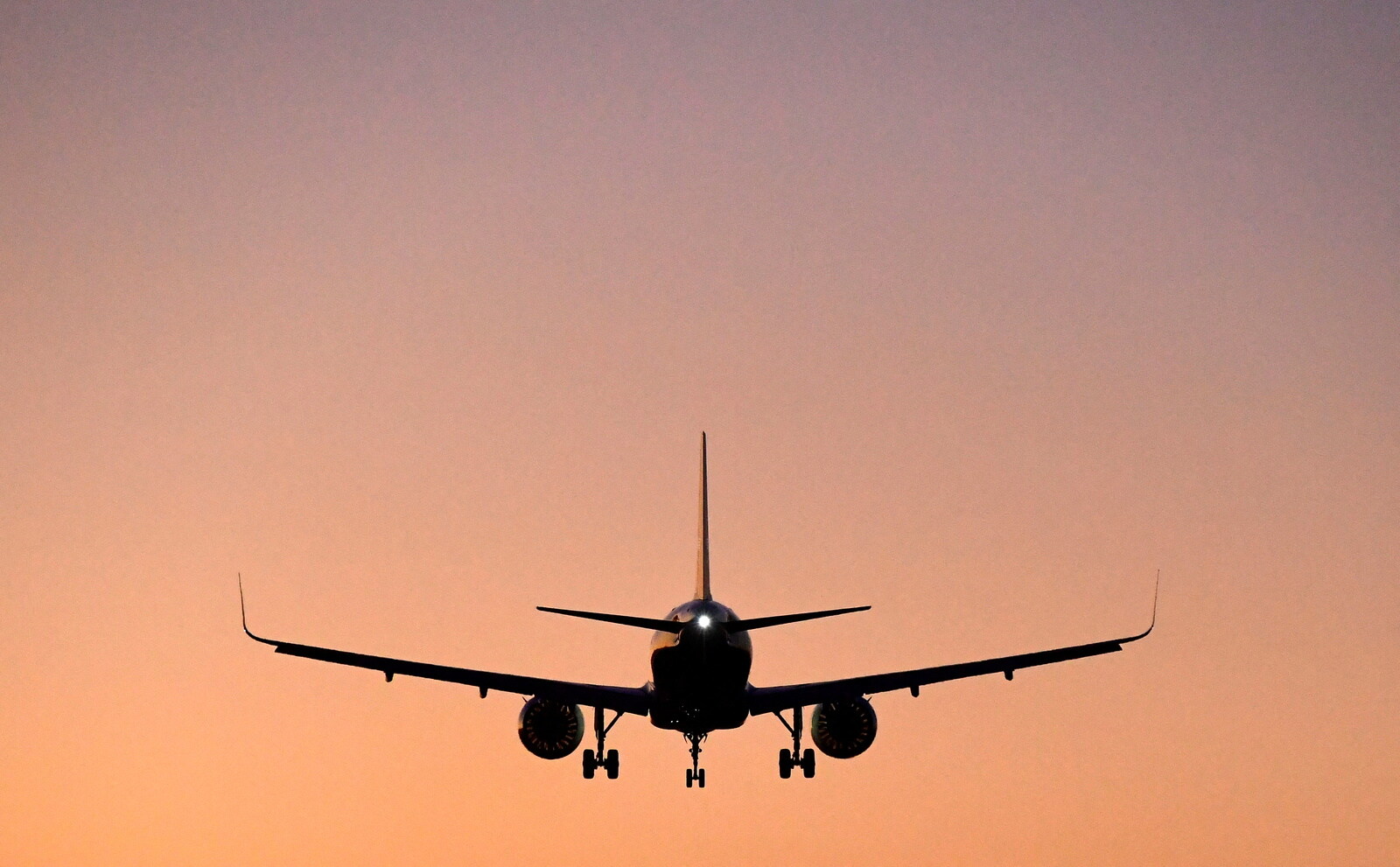
Aviation fuel efficiency is a hot topic these days. With rising fuel costs and environmental concerns, airlines are constantly seeking ways to improve. But what exactly makes a plane fuel-efficient? Modern aircraft designs, advanced materials, and innovative technologies all play a role. For instance, did you know that winglets—those upturned tips at the end of airplane wings—can reduce fuel consumption by up to 5%? Or that lighter materials like carbon fiber composites help cut down on weight, leading to less fuel burn? Engine advancements also contribute significantly, with newer models being far more efficient than their predecessors. Curious about more? Let's dive into 13 fascinating facts about how the aviation industry is soaring towards greater fuel efficiency.
Key Takeaways:
- Aviation fuel efficiency is crucial for saving money and protecting the environment. Newer aircraft designs, advanced engines, and operational strategies all contribute to reducing fuel consumption and carbon emissions.
- Innovations in technology and operational strategies are driving the aviation industry towards greater fuel efficiency. From aerodynamic improvements to sustainable aviation fuels, the future looks promising for greener air travel.
The Importance of Aviation Fuel Efficiency
Aviation fuel efficiency is crucial for reducing costs and minimizing environmental impact. Here are some fascinating facts about how the aviation industry is working to improve fuel efficiency.
-
Modern Aircraft Design: Newer aircraft models are designed with fuel efficiency in mind. For example, the Boeing 787 Dreamliner uses 20% less fuel than older models.
-
Winglets: These small, vertical extensions on wingtips reduce drag and improve fuel efficiency by up to 5%.
-
Lightweight Materials: Using materials like carbon fiber composites instead of traditional metals can reduce an aircraft's weight, leading to significant fuel savings.
Technological Innovations in Aviation
Technological advancements play a significant role in enhancing fuel efficiency. Let's explore some of these innovations.
-
Advanced Engines: Modern jet engines are more fuel-efficient than ever. The Pratt & Whitney GTF engine, for example, offers a 16% reduction in fuel consumption compared to previous models.
-
Aerodynamic Improvements: Innovations in aerodynamics, such as smoother fuselages and more efficient wing designs, help reduce drag and improve fuel efficiency.
-
Electric and Hybrid Aircraft: While still in development, electric and hybrid aircraft promise to revolutionize fuel efficiency by reducing or eliminating the need for traditional jet fuel.
Operational Strategies for Fuel Efficiency
Airlines and pilots use various strategies to improve fuel efficiency during flights. Here are some key methods.
-
Optimized Flight Paths: By using advanced software to plan the most efficient routes, airlines can save significant amounts of fuel.
-
Continuous Descent Approaches: This technique allows aircraft to descend gradually rather than in steps, reducing fuel consumption and emissions.
-
Single-Engine Taxiing: Pilots can save fuel by using only one engine while taxiing on the ground.
Environmental Impact and Regulations
Fuel efficiency isn't just about saving money; it's also about protecting the environment. Here are some facts about the environmental impact and regulations.
-
Carbon Emissions: More fuel-efficient aircraft produce fewer carbon emissions, helping to combat climate change.
-
International Regulations: Organizations like the International Civil Aviation Organization (ICAO) set global standards for fuel efficiency and emissions, pushing the industry to adopt greener practices.
-
Sustainable Aviation Fuels (SAFs): These alternative fuels, made from renewable resources, can reduce carbon emissions by up to 80% compared to traditional jet fuel.
Future of Aviation Fuel Efficiency
The future looks promising for aviation fuel efficiency, with ongoing research and development paving the way for even greater improvements.
- Supersonic Travel: Companies are working on supersonic jets that are not only faster but also more fuel-efficient than previous models, potentially transforming air travel.
The Future of Aviation Fuel Efficiency
Aviation fuel efficiency has come a long way. Modern planes use advanced materials, better aerodynamics, and more efficient engines. These improvements help reduce fuel consumption and lower emissions. Airlines are also adopting sustainable aviation fuels (SAFs), which are made from renewable resources. SAFs can cut carbon emissions by up to 80% compared to traditional jet fuel.
Governments and organizations worldwide are pushing for greener skies. Regulations and incentives encourage airlines to invest in fuel-efficient technologies. Passengers can also play a role by choosing airlines committed to sustainability.
The future looks promising with ongoing research and development. Electric and hybrid planes are on the horizon, promising even greater fuel savings and reduced environmental impact. As technology advances, the aviation industry will continue to find innovative ways to improve fuel efficiency and protect our planet.
Frequently Asked Questions
Was this page helpful?
Our commitment to delivering trustworthy and engaging content is at the heart of what we do. Each fact on our site is contributed by real users like you, bringing a wealth of diverse insights and information. To ensure the highest standards of accuracy and reliability, our dedicated editors meticulously review each submission. This process guarantees that the facts we share are not only fascinating but also credible. Trust in our commitment to quality and authenticity as you explore and learn with us.


